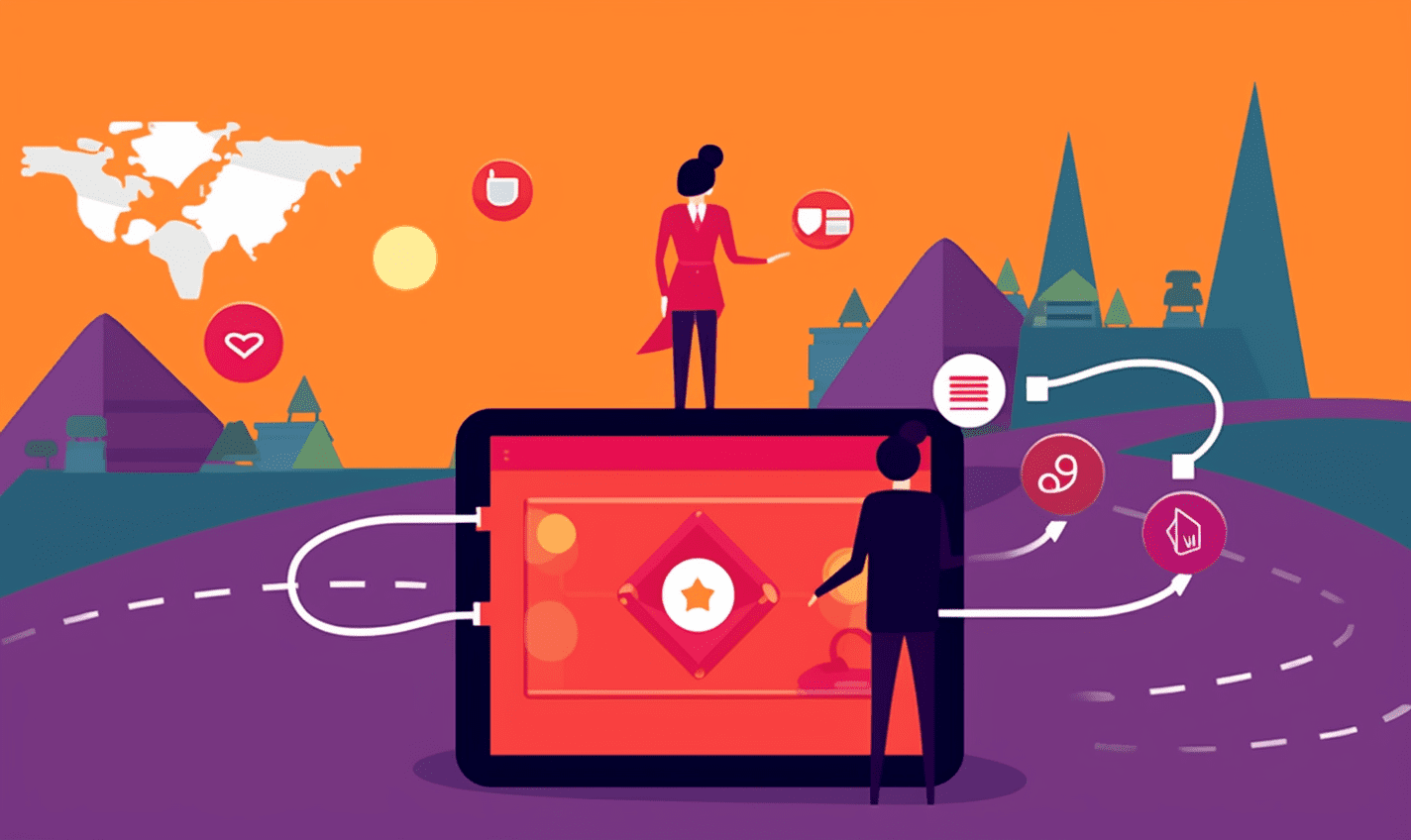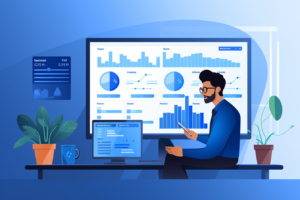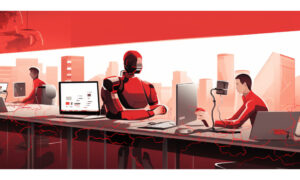The future of HR with AI
- 4 Min Read
HRD Connect speaks to Natascia Spadavecchia, senior insights manager at Employment Hero, a leading cloud HR and payroll platform, to explore what the future looks like now that HR is taking a hold of AI
- Author: Helen Dugdale
- Date published: Jul 11, 2023
- Categories

In workplaces across the UK, daily conversations take place discussing the advantages and disadvantages of artificial intelligence. How will it affect the future of HR, is it going to steal jobs and from a data perspective is it safe? For many, AI is intriguing and something that they are eager to learn more about.
Spadavecchia reveals what HR currently looks like without AI greatly embedded into it, “many processes are still done manually which takes up too much time. There is a more reactive approach to employee lifecycle management – putting out fires, not preventing them.”
HR professionals are often dealing with old-school management that places a focus on compliance and rule monitoring, not capability building. “Frustratingly there is often an inability to prove the ROI of HR to the C-suite and earn a seat in the boardroom. It’s time for a change,” she says.
Implementing AI can streamline HR by bringing increased speed and efficiency to many areas including analytics and daily processes. It can assist with improved productivity, better employee experiences and engagement and a reduction in bias in HR decision making.
Spadavecchia believes that AI could also overhaul recruitment, “Typically the recruitment process is still largely manual and costly. AI can improve the journey. It has the potential to shake up recruitment by matching candidates’ skills and culture needs to a job,” she says.
Sceptics worried about bias in the recruitment process can look to AI for assistance as it seeks to improve this by presenting the most qualified candidates for the role. “AI can administer and evaluate assessments and tests to assess candidates’ technical skills and cognitive capabilities. This allows for standardized evaluations and objective comparisons across a large pool of candidates. It is also beginning to use predictive analytics to assess the likelihood of a candidate’s success in a particular role,” she adds.
AI also has benefits when it comes to performance management. It enables companies to offer personalized learning and development to suit specific employees’ needs, as well as real-time feedback and performance management advice.
This technology means employees can attain a better work-life balance and it can optimise connections and knowledge sharing in an organization. It can help with employee engagement and well-being initiatives. Hyper personalized onboarding programs facilitated by AI are already in use and are based on individual characteristics, so employees can reach peak knowledge and productivity within their roles.
“Research by Employment Hero showed that 85% of HR leaders in the UK are already using software that has AI capabilities. 31% are using it for content creation, like job ads and policies. AI will not be the entire answer, but it has the potential to be a great enabler for HR professionals, removing the propensity of human error when it comes to complying with industrial regulations and payroll, as well as having the potential to eliminate human bias and make workplaces a more equitable experience for all employees,” explains Spadavecchia.
Spadavecchia wants to put people’s minds at rest, while AI serves as an assistant in the employment process for both employers and employees, it by no means replaces the human elements. “By excelling in skills like critical thinking, HR professionals will be able to correctly balance human interactions with AI applications,” she says.
Using AI smartly means that HR leaders can meet challenges head-on. It will allow them to bolster their skills in data analysis and HR analytics as well as human skills and ethical and responsible use of AI.
Ethical considerations and challenges
As with any technology, there are always discussions around ethics, privacy, and data security. Research by Employment Hero showed that 28% of UK HR leaders are most concerned with privacy and overreliance on AI leading to poor decision making. “AI is an enabler, but HR leaders should always exercise their critical thinking and their judgement when it is being used instead of trusting blindly. Managers need to consider data security and storage, especially regarding GDPR requirements and the skills needed to use AI effectively,” Spadavecchia says.
The future outlook of HR with AI
While AI serves as an assistant in the employment process for both employers and employees, it by no means replaces the human elements, it is about collaboration and using it to the advantage of the business and its employees, concludes Spadavecchia. “To meet challenges and address concerns head-on, HR leaders can bolster their skills in data analysis and HR analytics as well human skills and ethical and responsible use of AI.”








